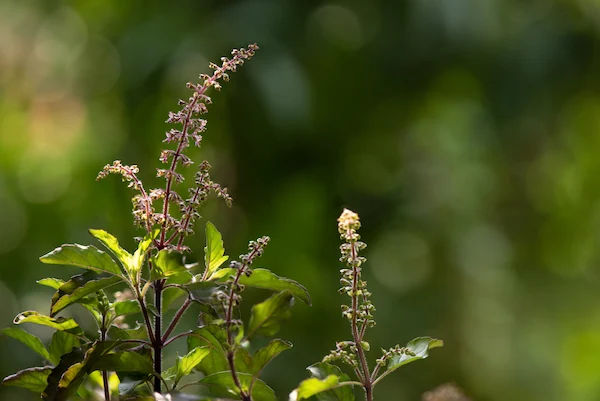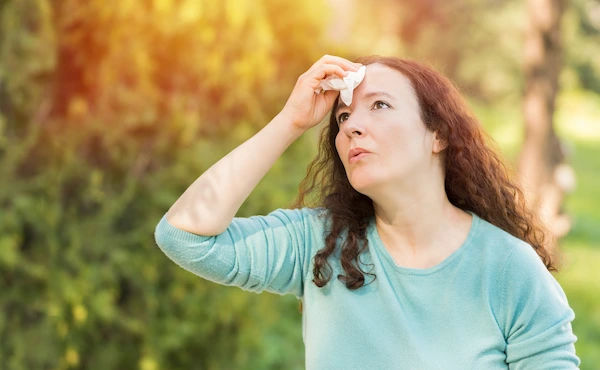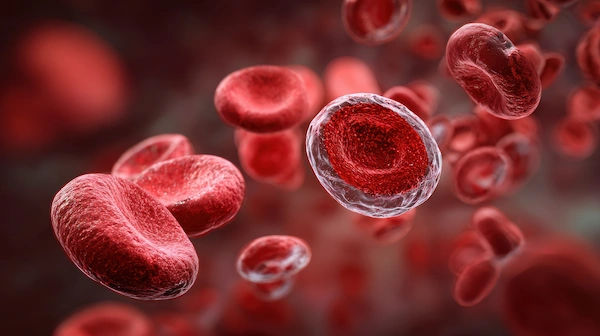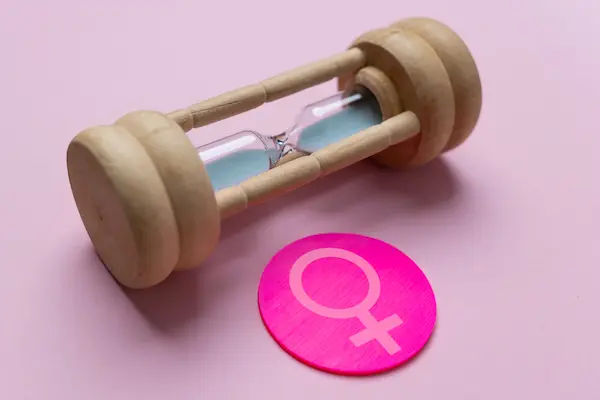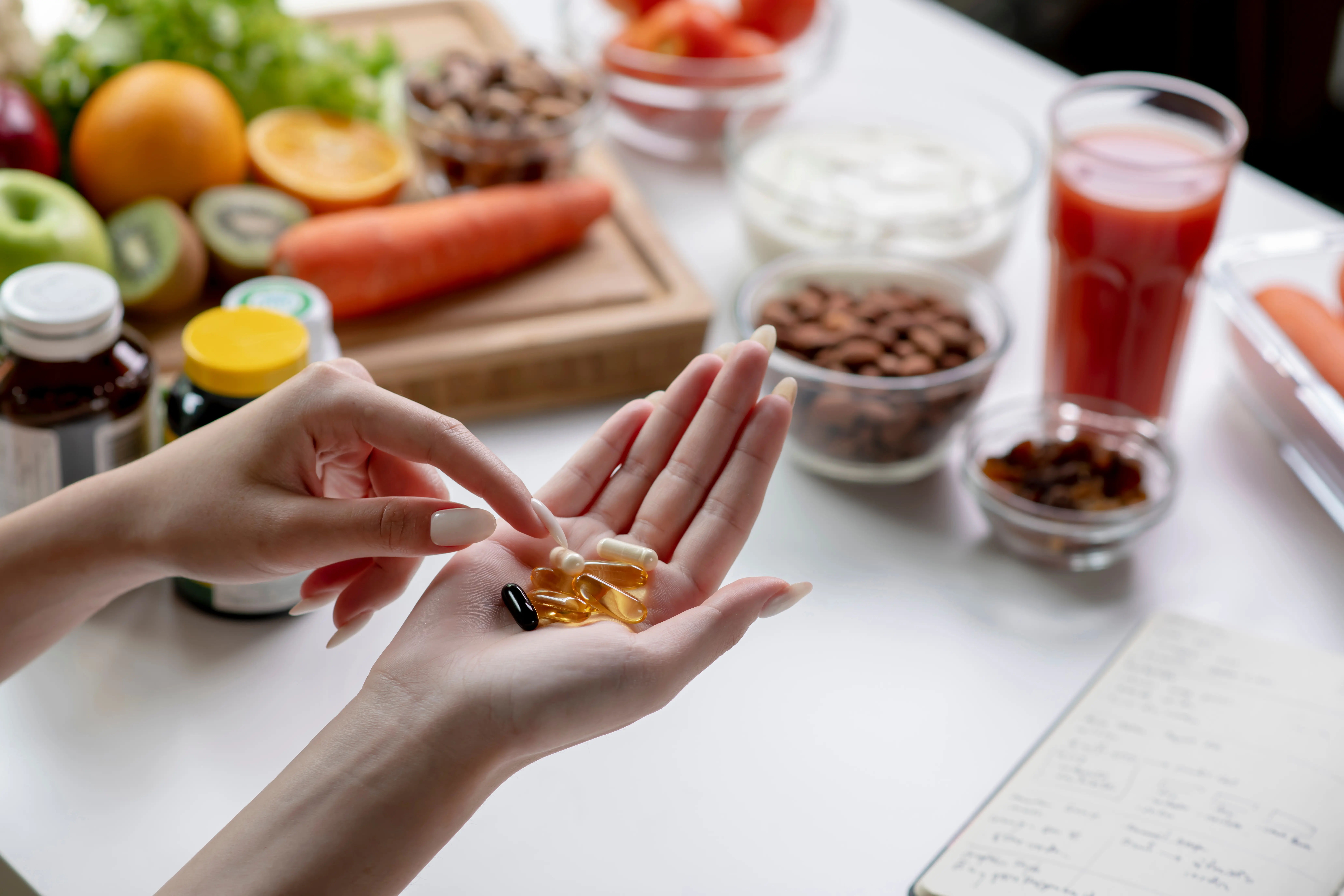Are Mosquito Repellents Safe To Use?
Find out if mosquito repellents are safe to use, how they work, and which ingredients to look for. Get tips on using them effectively without risking your health.

Written by Dr. Dhankecha Mayank Dineshbhai
Reviewed by Dr. Md Yusuf Shareef MBBS
Last updated on 13th Jan, 2026

Introduction
Mosquitoes are not just annoying—they can also carry dangerous diseases like malaria, dengue, and Zika virus. To protect ourselves, many of us use mosquito repellents. But a common question arises: Are mosquito repellents safe to use?
The answer depends on the type of repellent and how it is used. Let’s explore the safety of mosquito repellents, their ingredients, and how to use them effectively without harming your health.
Types of Mosquito Repellents
Mosquito repellents come in different forms, including:
1. Sprays & Lotions: Applied directly to the skin.
2. Coils & Mats: Burned or heated to release repellent chemicals.
3. Electronic Vaporisers: Plug-in devices that release repellent in the air.
4. Natural Repellents: Made from plant-based oils like citronella, eucalyptus, or neem.
Each type has its pros and cons, and safety depends on proper usage.
Common Ingredients in Mosquito Repellents
Some of the most common active ingredients in repellents are:
- DEET (N,N-Diethyl-meta-toluamide): One of the most effective and widely used.
- Picaridin: A synthetic alternative to DEET, less oily and odourless.
- Permethrin: Used on clothing, not skin.
- Natural Oils (Citronella, Lemon Eucalyptus, Neem Oil): Gentler but may need frequent reapplication.
Are These Ingredients Safe?
Most repellents are safe when used as directed. However, some precautions are necessary:
- DEET: Safe for adults and children above 2 months when used in concentrations of 10-30%. Higher concentrations do not mean better protection but last longer. Avoid applying on cuts or near eyes/mouth.
- Picaridin: Considered safer than DEET, with no strong odour or greasy feel. Effective for up to 8 hours.
- Permethrin: Should never be applied directly to the skin. It is meant for treating clothes, nets, or outdoor gear.
- Natural Repellents: Generally safer but may cause allergic reactions in some people. They also wear off faster (usually 1-2 hours).
Potential Risks & Side Effects
While mosquito repellents are generally safe, improper use can lead to:
- Skin irritation (redness, itching, or rashes).
- Eye irritation if sprayed near the face.
- Breathing problems if inhaled excessively (especially from coils or vaporisers).
- Neurological effects (rare, mostly from excessive DEET exposure).
Consult Top Specialists
Who Should Be Extra Cautious?
- Pregnant women: Should use repellents in moderation and prefer DEET-free options.
- Infants below 2 months: Avoid DEET; use mosquito nets instead.
- People with sensitive skin: Opt for natural repellents or picaridin-based products.
Tips for Safe Use of Mosquito Repellents
To minimise risks, follow these guidelines:
- Read the Label: Always check instructions before use.
- Apply Sparingly: Use only on exposed skin, not under clothing.
- Avoid Face Application: Spray on hands first, then rub gently on the face.
- Wash Off After Use: Once indoors, wash treated skin with soap and water.
- Do Not Use on Cuts or Wounds: Can cause irritation.
- Ventilate Rooms: If using coils or vaporisers, keep windows slightly open.
Natural Alternatives to Chemical Repellents
If you prefer chemical-free options, try:
- Citronella Oil Candles: Effective outdoors but less so indoors.
- Neem Oil: Can be mixed with coconut oil and applied to the skin.
- Lemon Eucalyptus Oil: A natural alternative with good repellent properties.
- Mosquito Nets: Best for babies and while sleeping.
When to See a Doctor?
If you experience any of the following after using a repellent, seek medical help:
- Severe skin rash or swelling
- Difficulty breathing
- Dizziness or nausea
Conclusion
Mosquito repellents are safe when used correctly. Choosing the right type and following safety guidelines will help protect you from mosquito bites without harming your health. If you have concerns about which repellent is best for you or your family, consult a doctor for personalised advice. Book a consultation with Apollo24|7 doctors today for safe and effective mosquito protection tips!
Consult Top Physician
Consult Top Specialists

Dr. Syed Ismail Ali
General Practitioner
7 Years • MBBS
Hyderabad
Apollo 24|7 Clinic, Hyderabad

Dr. Anand Ravi
General Physician
2 Years • MBBS
Bengaluru
PRESTIGE SHANTHINIKETAN - SOCIETY CLINIC, Bengaluru

Dr. Harshendra Jaiswal
General Physician/ Internal Medicine Specialist
12 Years • MBBS , MD (General medicine)
Kolkata
108 DHANA DHANVANTARI Clinic, Kolkata
(25+ Patients)

Dr Syed Mateen Pasha
General Physician
2 Years • MBBS
Bengaluru
PRESTIGE SHANTHINIKETAN - SOCIETY CLINIC, Bengaluru

Dr. Vivek D
General Physician
4 Years • MBBS
Bengaluru
PRESTIGE SHANTHINIKETAN - SOCIETY CLINIC, Bengaluru
Consult Top Physician

Dr. Syed Ismail Ali
General Practitioner
7 Years • MBBS
Hyderabad
Apollo 24|7 Clinic, Hyderabad

Dr. Anand Ravi
General Physician
2 Years • MBBS
Bengaluru
PRESTIGE SHANTHINIKETAN - SOCIETY CLINIC, Bengaluru

Dr. Harshendra Jaiswal
General Physician/ Internal Medicine Specialist
12 Years • MBBS , MD (General medicine)
Kolkata
108 DHANA DHANVANTARI Clinic, Kolkata
(25+ Patients)

Dr Syed Mateen Pasha
General Physician
2 Years • MBBS
Bengaluru
PRESTIGE SHANTHINIKETAN - SOCIETY CLINIC, Bengaluru

Dr. Vivek D
General Physician
4 Years • MBBS
Bengaluru
PRESTIGE SHANTHINIKETAN - SOCIETY CLINIC, Bengaluru
